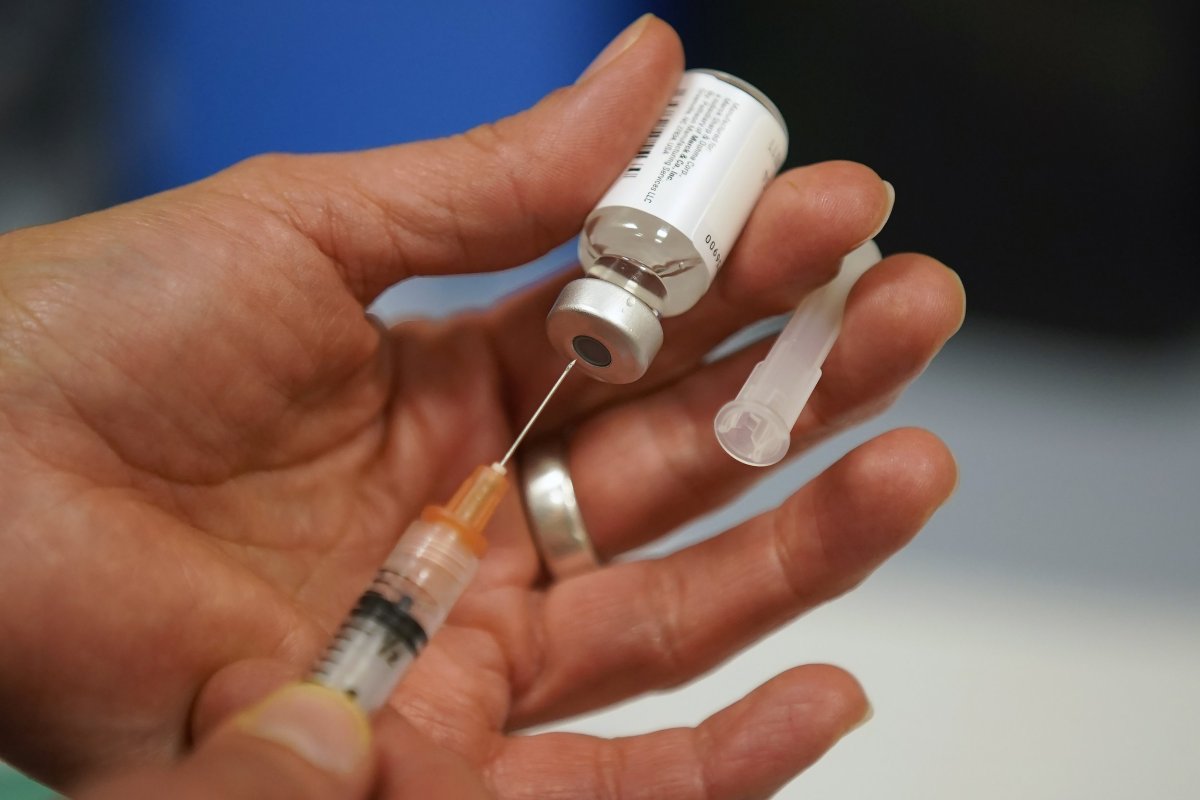A quarter of Americans think that parents should be able to choose whether to vaccinate their children for diseases like measles, mumps and rubella, according to a new poll. The United States is currently experiencing the worst measles outbreak in 25 years.
Seventy-two percent of Americans polled in a NBC News/Wall Street Journal survey released on Sunday said that they thought parents should be required to vaccinate their children, while 3 percent said they were not sure.
The release of the poll, which was conducted from April 28 to May 1, comes amid a national resurgence of measles, a vaccine the Centers for Disease Control (CDC) and Prevention declared eliminated in 2000. Between January 1 and May 3, the CDC has reported 764 cases of measles in 23 states. The 764 cases is the highest figure registered in the U.S. since 1994.

Infections in New York comprise a significant portion of those across the country. Rockland County, an area north of New York City along the Hudson River, has registered 215 cases as of May 6.
"Forty-four cases were directly imported from other countries, and 9 out of 10 of those individuals were in unvaccinated persons. All 40 were old enough to get vaccinated," Nancy Messonnier, director of the CDC's National Center for Immunization and Respiratory Diseases, said during a telebriefing last week.
Measles is highly contagious, requiring a herd immunity rate of about 95 percent. Its spread had increased concern among individuals with compromised immune systems and parents of young children. Every state and Washington, D.C. require school students to be vaccinated but also permit medical exemptions, according to Pew Research Center. There are 17 states that allow philosophical exemptions, and most states allow religious exemptions.
The current outbreak has prompted the ire of public health experts, who stress that the disease is preventable and have combated false information about vaccines that has been proliferating on social media in recent months.
"There is strong evidence to suggest that at least part of the source of this trend is the degree to which medically inaccurate information about vaccines surface on the websites where many Americans get their information, among them YouTube and Google search," Representative Adam Schiff wrote in a letter to Facebook CEO Mark Zuckerberg in February.
In March, after criticism that Facebook was allowing vaccine conspiracies to proliferate online, the platform said it would ban ads with false information about vaccines and take steps to prevent users from finding anti-vaccination groups.
Uncommon Knowledge
Newsweek is committed to challenging conventional wisdom and finding connections in the search for common ground.
Newsweek is committed to challenging conventional wisdom and finding connections in the search for common ground.
About the writer
Daniel Moritz-Rabson is a breaking news reporter for Newsweek based in New York. Before joining Newsweek Daniel interned at PBS NewsHour ... Read more
To read how Newsweek uses AI as a newsroom tool, Click here.








